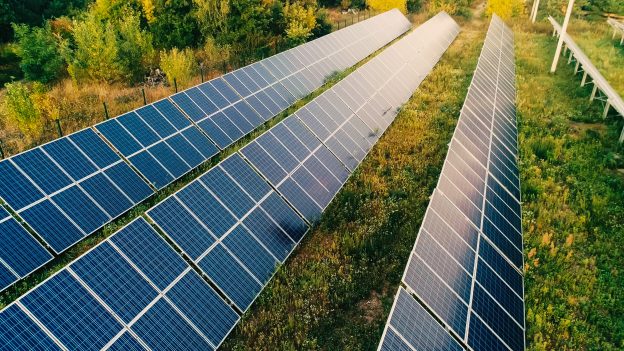
Polysilicon
Polysilicon prices continued to rise marginally this week, where mono-Si compound feedings and mono-Si dense materials were respectively concluded at a mainstream price of RMB 304/kg and RMB 302/kg. Most August orders were signed last week, where some individual orders were excessively signed until mid-September, with a small level of remaining volume this week as sporadic and urgent orders ramped up the prices. Wafer businesses are maintained at higher utilization, with no reduction in demand, while polysilicon businesses are still confined in supply due to overhauls and new capacity that is gradually releasing, where the sufficient support in prices is likely to provide additional room for increment in polysilicon prices during August.
An observation on the production and operation of the polysilicon segment this week indicates that five businesses are still under overhaul right now, and one of them is currently gradually resuming its capacity, with actual output expected for mid-to-late August. After the conclusion of overhaul among all businesses in September, GCL, Xinte, Tongwei (Baotou and Yunnan), Dongli, and Lihao will then release their expanded capacity that is estimated to increase polysilicon production by a MoM of roughly 20%.
Wafers
This week’s wafer prices had leveled to that of last week, where M10 and G12 were respectively concluded at a mainstream price of RMB 7.53/pc and RMB 9.93/pc. Wafer businesses are able to respond to the persisting polysilicon inflation recently due to a relatively spacious level of profitability at the current stage, and the ambiguous status from the downstream sector’s bargaining has prompted wafer businesses to remain cautious towards price increment. This week’s wafer prices were implemented according to that of last week.
An observation on the production and operation of the wafer segment denotes that wafer businesses have dropped in overall operating rate to 68% in August, of which leading businesses are sitting at 70-75%, while integrated businesses are maintained at roughly 70%, and the remaining businesses are retained at 50-70%. Despite minor growth in polysilicon production, the confined provision of crucibles has yet to stimulate any apparent growth in wafer output, which explains the overall scarcity right now.
Cells
Cell prices were overall sturdy this week, where mono-Si M6, M10, and G12 cells were respectively concluded at a mainstream price of approximately RMB 1.27/pc, RMB 1.29/pc, and RMB 1.27/pc. Due to the transformation of production lines for large-sized cells and the gradual release of new large-sized capacity, mono-Si M10 cells remain continuously restricted in provision, with prices of sporadic orders constantly elevating. Although downstream module makers are decelerating in purchase demand for cells from their successive plans in production reduction, a small segment of orders were gradually finalized this week, whereas most long-term orders are still under bargaining. Due to the end demand slowing down recently, module makers are already planning to delay their inventory pull in order to further force a price reduction from cell businesses. Cell prices are likely to first loosen during mid-to-late August.
Modules
Module prices were stabilized this week, where the mono-Si 166mm module was concluded at a mainstream price of roughly RMB 1.91/W, whereas the mono-Si single-sided 182mm and 210mm modules were concluded at approximately RMB 1.97/W. Mono-Si bifacial and double-glass 182mm and 210mm PERC modules were concluded at RMB 1.99/W.
A number of module makers attempted to bump up their quotations this week due to cost pressure, and was met with rejections from project providers, which prevented transactions from happening. Domestic end projects have now delayed in inventory pull as they are no longer able to afford the high prices, while overseas markets have relatively subsided in overall demand owing to the previously accumulated modules and holidays in Europe. Under such background, module makers will continue to be differentiated in production schedule during August, while leading integrated module makers would also drop in operating rate by different extents, whereas second and third-tier, as well as specialized module makers, will further decrease in production schedule compared to that of July. In terms of N-type modules, the mainstream market quotation sat at RMB 2.15-2.2/W this week.
Regarding auxiliary materials, glass prices had somewhat dropped this week, where 3.2mm glasses sat at RMB 27.5/㎡, and 2.0mm glasses had dropped to roughly RMB 21.15/㎡. The negotiation towards glass prices has become even more apparent due to the obstructed upward transmittance of module cost, and the reduction of module utilization has weakened glass demand. Simultaneously, glass businesses continue to ignite some of their production lines, which has increased the supply and magnified the contradiction between supply and demand. Glass businesses’ reluctance in inventory pull, as well as the declining tendency in cost, and the insufficient support in cost, had slightly brought down the prices this week.







